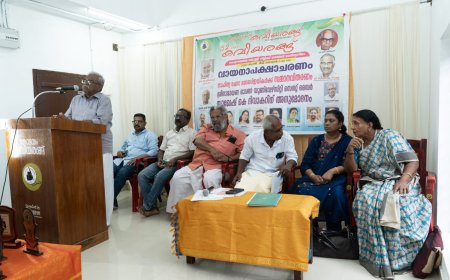What is an e-passport, how to apply, benefits and full guide
India has launched e-passports as part of the Passport Seva Programme 2.0, aiming to modernise passport issuance and enhance security. The e-passports feature an RFID chip for contactless verification, ensuring compliance with international standards and streamlining immigration processes.

IN a significant push toward India’s digital transformation, the government has launched the nationwide rollout of e-passports under the Passport Seva Programme (PSP) 2.0. Announced by External Affairs Minister Dr. S Jaishankar, the initiative is designed to streamline passport issuance, improve security, and offer faster immigration processing through embedded chip technology.
We have rolled out PSP V2.0 across the country, leveraging advanced and high-end technologies to deliver citizen-centric services,” said Dr Jaishankar, positioning the launch as a key step in India’s Digital Public Infrastructure roadmap.
What is an e-passport?
An e-passport is a next-generation travel document with a secure RFID chip embedded inside the cover. The chip stores key information, including the passport holder’s biometric data, photo, name, and other personal details.
The new e-passports are distinguishable by a gold-coloured symbol printed at the bottom of the cover — a global standard for electronic travel documents.
How does it work?
The chip allows contactless verification and faster immigration clearance at global airports. It complies with ICAO (International Civil Aviation Organisation) standards, ensuring international interoperability and enhanced fraud protection.
How to apply for an e-passport under Passport Seva 2.0:
Visit the official Passport Seva website.
Register as a new user or log in to your existing account.
Fill out the application for an e-passport.
Book an appointment at a Passport Seva Kendra (PSK) or Post Office Passport Seva Kendra (POPSK).
Pay the fee online.
Visit the centre on your appointment date for biometric capture and document verification.
Why it matters: Benefits of e-passports
Enhanced Security: Biometric encryption makes e-passports significantly harder to forge or tamper with.
Faster Processing: Chip-based authentication reduces the time spent at immigration counters.
Global Compatibility: Accepted internationally for seamless travel.
Future-Ready: Paves the way for automated border control systems in India.
The e-passport rollout aligns with India’s efforts to modernise public service delivery and reduce paperwork and inefficiencies. While the initial launch is focused on new passport applications, future phases may include upgrading existing passports to e-passports.










































































